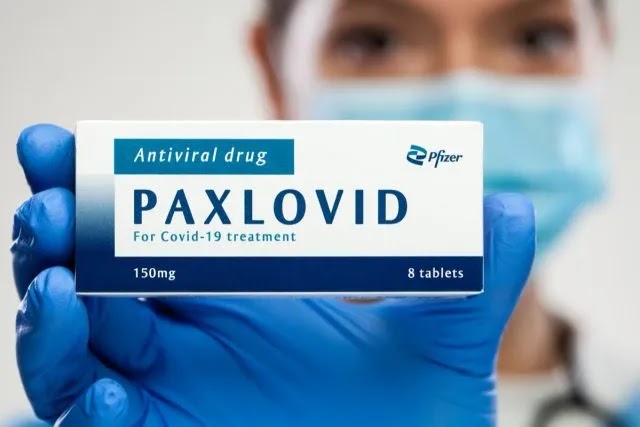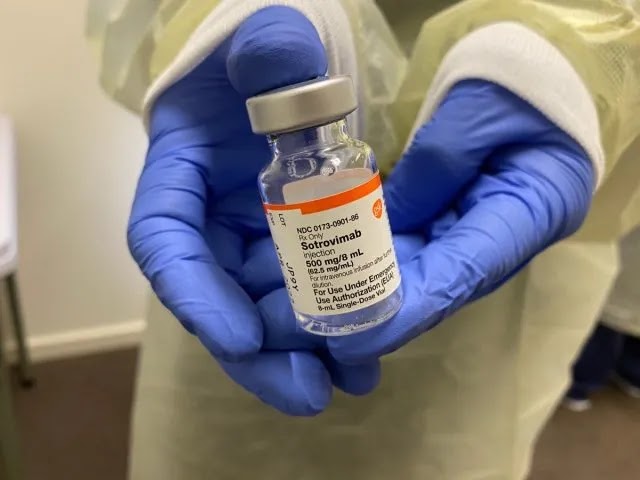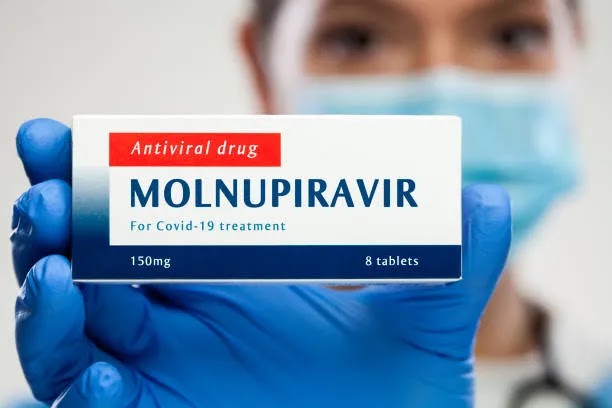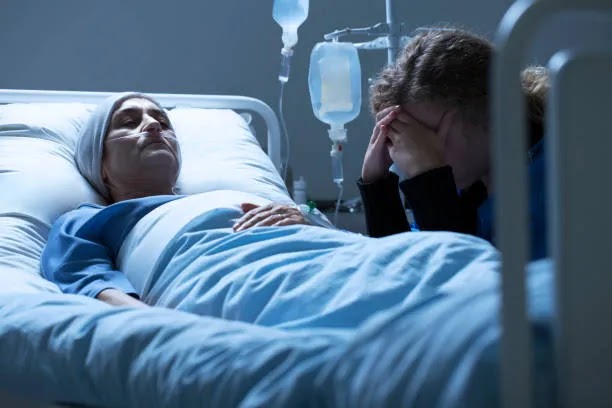Dr. Fauci Just Said When Surge May End
These Articles Do NOT Provide Medical Advice
Consult Your Doctor Before Beginning ANY Diet
Dr. Fauci Says If You Have COVID Do This
By Lekhak January 17, 2022
Experts say the COVID-19 epidemic has entered a new phase, in which we must learn to live with it while also doing everything we can to avoid getting it. According to the most recent count, the super-contagious Omicron variant has pushed daily case counts to previously unthinkable heights—1.3 million. On the other hand, Omicron appears to cause less severe disease: According to a new CDC study, Omicron is 91 per cent less likely than Delta to cause death. However, because Omicron is so common, it’s more likely that new variants will emerge and spread worldwide. It’s impossible to say what will happen next.
There is some positive news: New COVID treatments, including several antiviral medicines, will be accessible in the following weeks and months. Dr Anthony Fauci spoke over the upcoming medications designed to make COVID—at least as we know it right now—a less severe, more manageable sickness during this week’s White House coronavirus task force briefing. Read on to learn more.
1. If You Have COVID, Here’s What to Do
According to the CDC, “When you’ve been in close contact with someone who has COVID-19, quarantine yourself and stay away from others. Isolate yourself if you are sick or if you test positive for COVID-19, even if you don’t have symptoms.” Then consult your doctor and keep track of your symptoms. Depending on the situation, your doctor may prescribe one of the drugs listed below. “Among other things, what we really want to do is prevent people from developing to serious disease,” Fauci added. “And you do it by treating them as outpatients, reducing the number of visits to urgent care centers, hospitals, and, ultimately, deaths.”
As a result, “You shorten the illness’s duration. You limit infectivity and transmission to some extent “he stated, “Most importantly, you reduce the load on the healthcare system, which is especially crucial as we deal with this extraordinary situation with Omicron.”
2. Paxlovid
This antiviral drug produced by Pfizer—a five-day course of oral medication taken soon after symptoms appear—received an emergency use authorization (EUA) from the Food & Drug Administration late last year. According to Fauci, clinical trials indicated reducing COVID hospitalizations and deaths by 89 per cent.
3. Sotrovimab
This intravenous monoclonal antibody treatment has been proven effective against the Omicron form, which has rendered numerous monoclonals useless. According to Fauci, studies show that it reduces the chance of severe COVID or death by 85%.
4. Molnupiravir
Molnupiravir is an antiviral medication developed by Merck that prevents the COVID virus from multiplying by inserting faults into its genetic coding. According to Fauci, it has reduced the chance of hospitalization or mortality by 30%.
5. Who Should Get These Drugs First
The production of these drugs is currently being increased. They will be in short to scarce supply for a while. So, who should have the priority for scarce resources? “As always, the highest priority should be given to those with the highest risk of progression,” Fauci stated. They are, in order:
Immunocompromised people who are unvaccinated and at high risks, such as those over 75 or those over 65 with a clinical risk factor.
Unvaccinated people are at higher risk, including everyone over the age of 65 and anyone under the age of 65 who has a clinical risk factor.
Vaccinated people at high risk
Vaccinated people at increased risk
Get fully immunized and acquire a booster dose as soon as possible. Call your doctor for advice if you develop COVID symptoms. They’ll recommend treatment based on your unique risk factors, available drugs, and the most recent research on their effectiveness.
6. How to Stay Safe Out There







